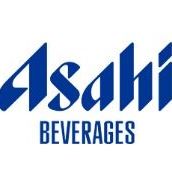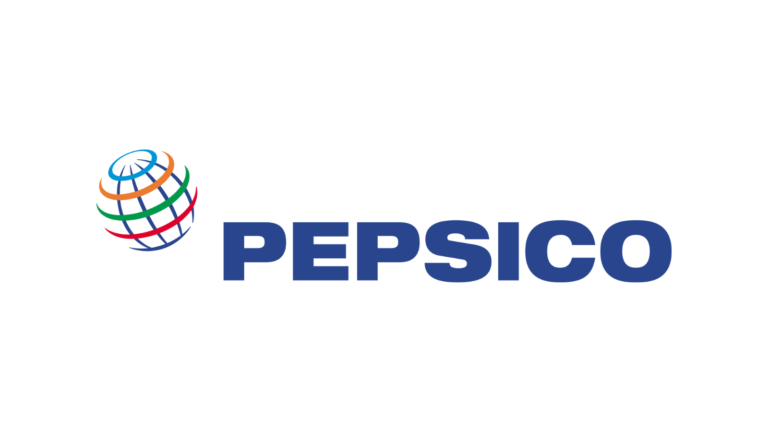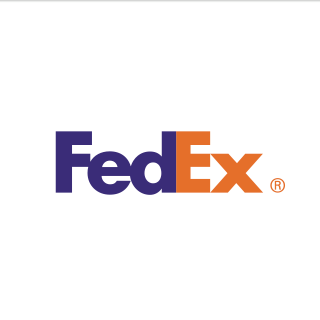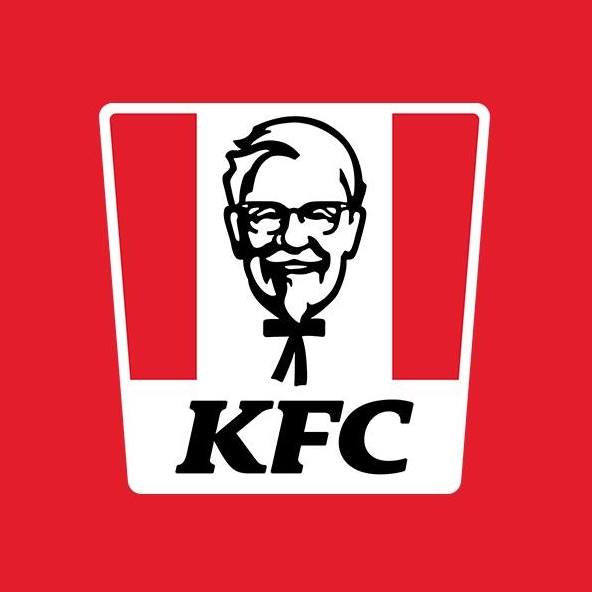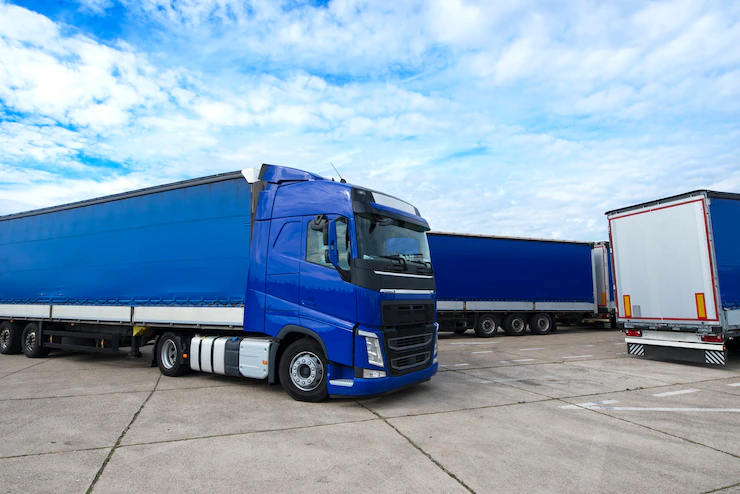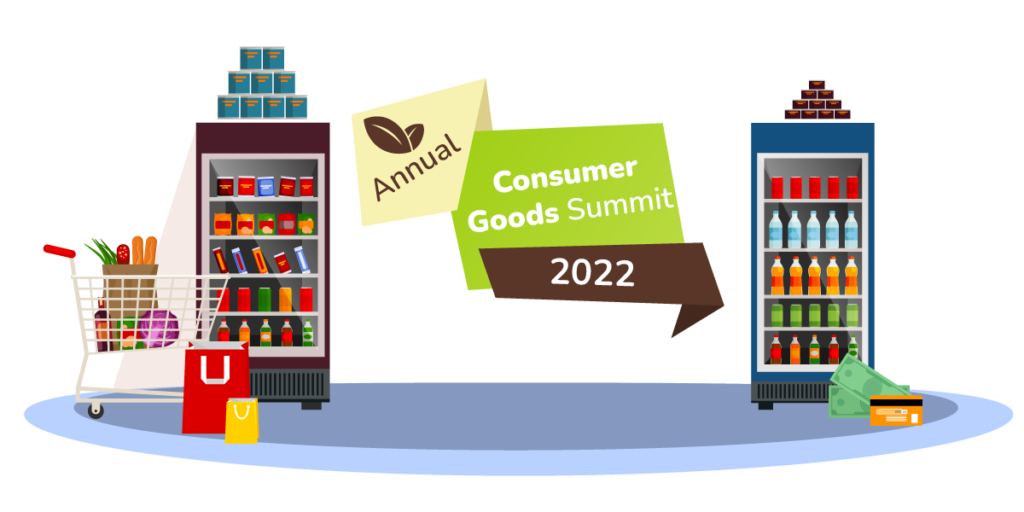
Indonesian e-commerce ranked highest among other Southeast Asian countries
As per the study from GfK Market Intelligence, Indonesian e-commerce excelled up to 43% among other Southeast Asian countries in 2021. This hike in Indonesian online sales resulted in significant contributions to the Technical Consumer Goods TCG industry. The market value for TCG increased up to 23% in 2021 compared to the 19% increase in 2020. Similarly, e-commerce in Singapore and Thailand grew up to 22%, contributing more than 20% to the overall TCG market value in 2021. Read more from Retailasia

